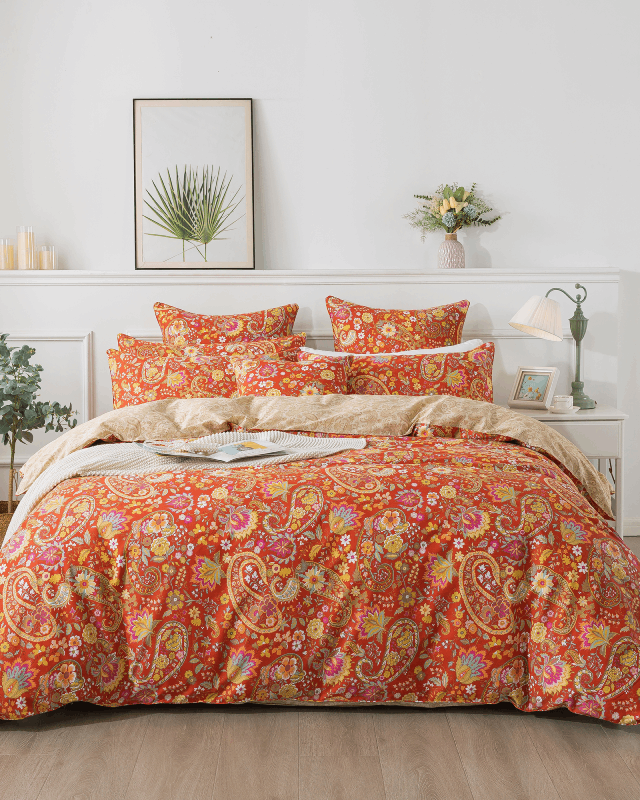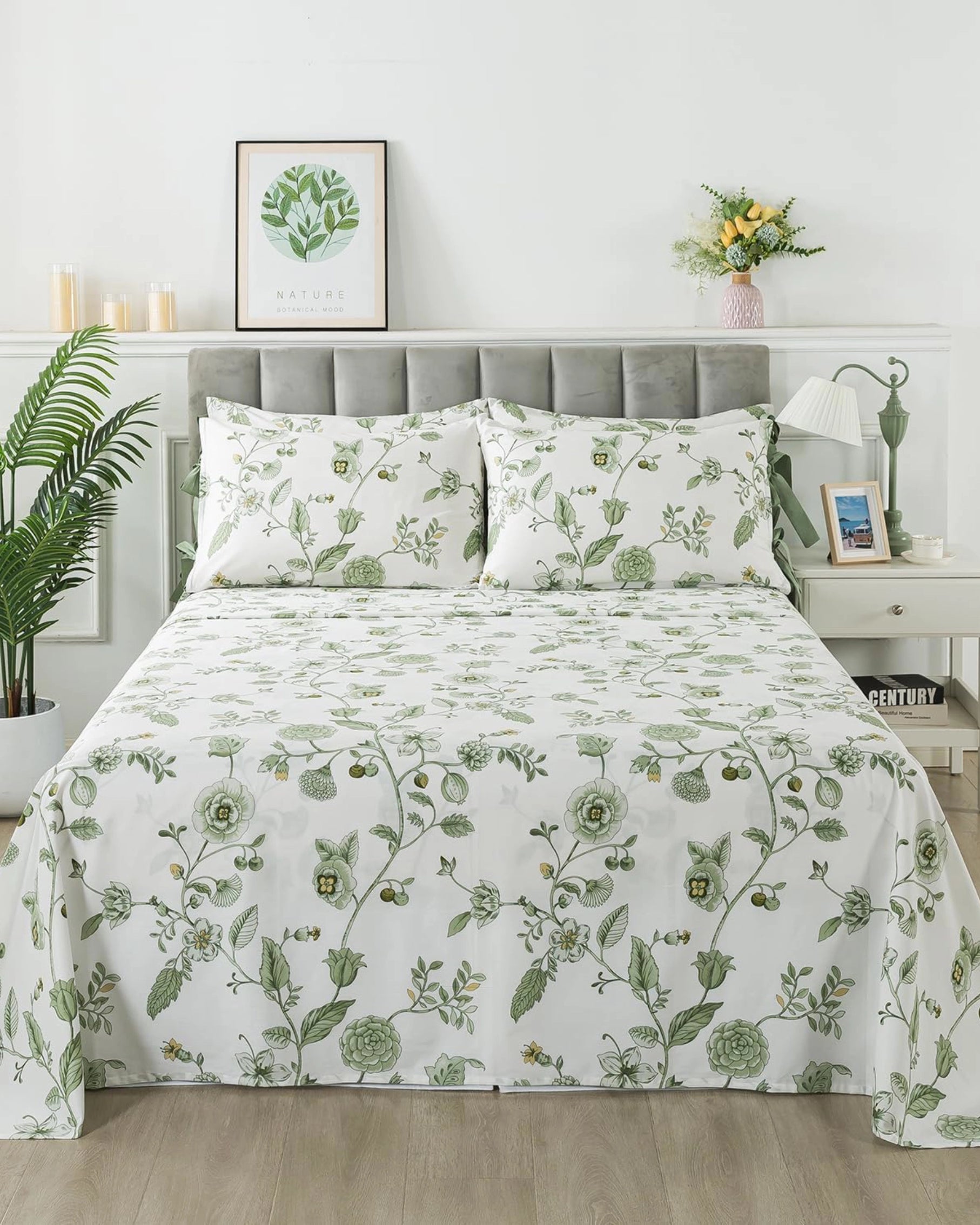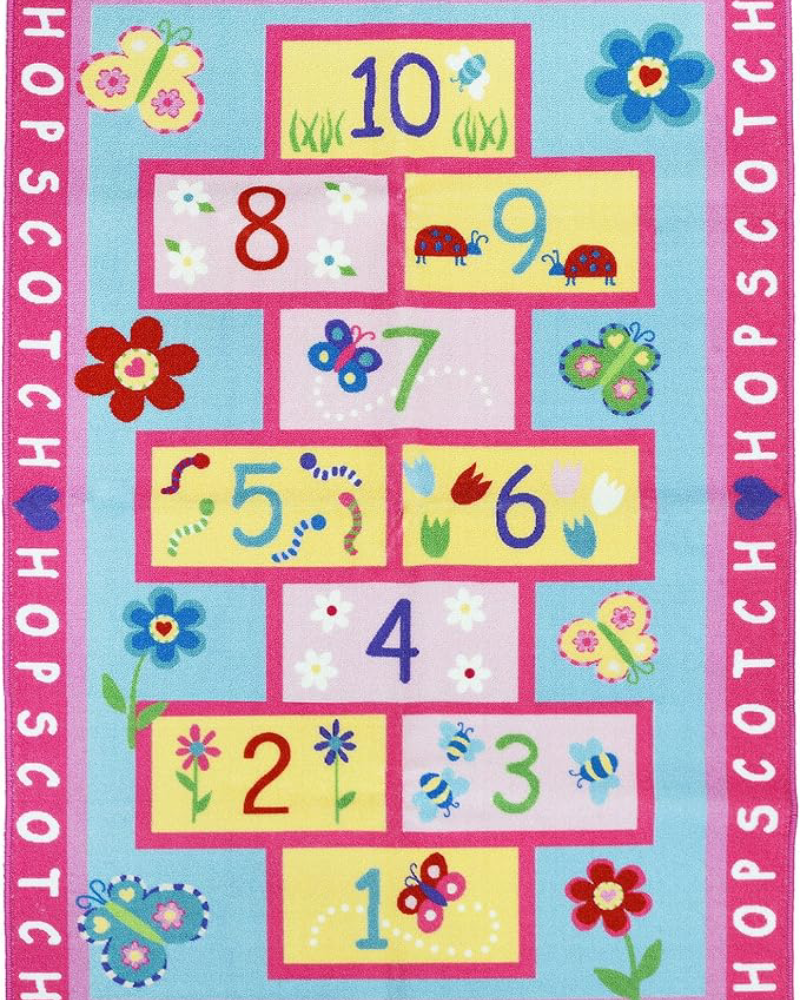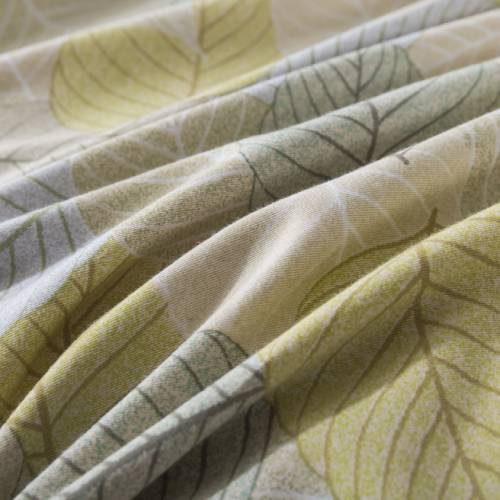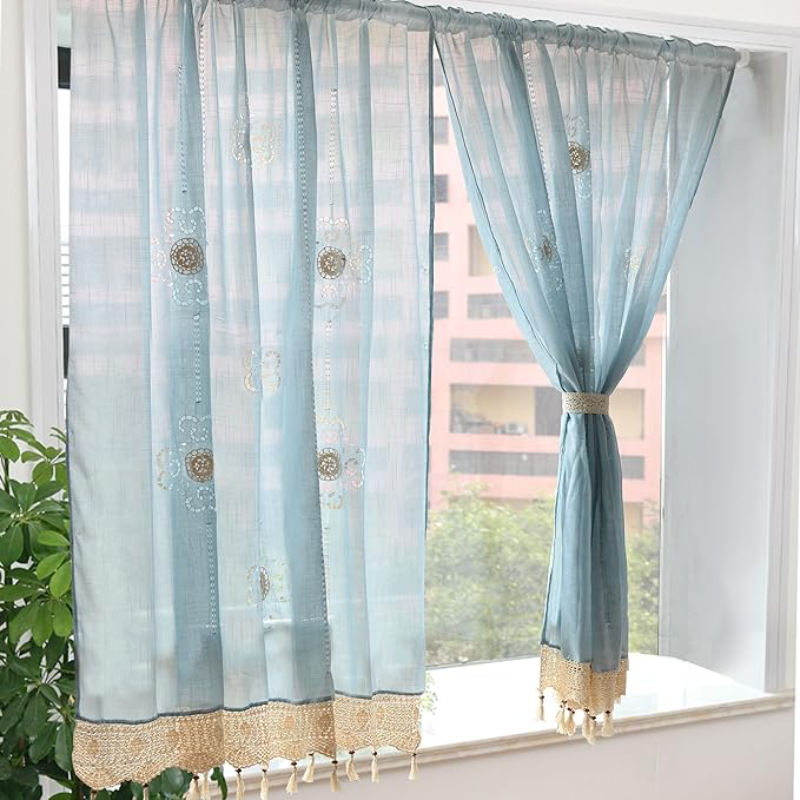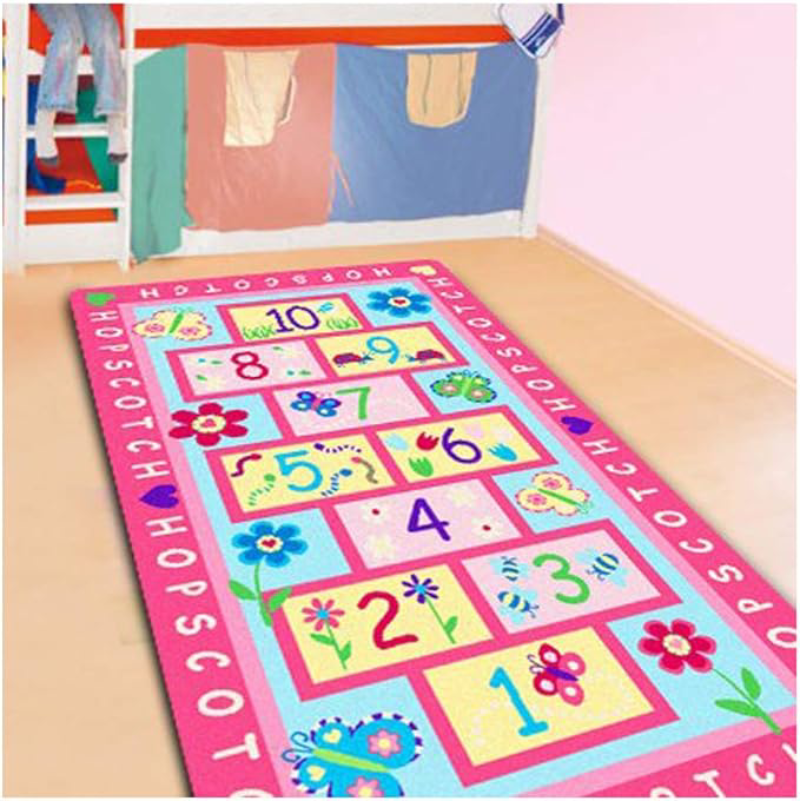When it comes to choosing bedding, the options can be overwhelming, especially with luxurious materials like Egyptian cotton and silk vying for your attention. Both fabrics have their unique qualities, benefits, and aesthetic appeal, making them popular choices among those looking to enhance their sleep experience. In this blog, we’ll delve into the characteristics of Egyptian cotton and silk bedding, compare their advantages and disadvantages, and help you decide which option might be the best for your needs.
Understanding Egyptian Cotton
What is Egyptian Cotton?
Egyptian cotton is known for its exceptional quality and luxurious feel. Grown in the fertile Nile River Valley, this cotton is characterized by its long fibers, which contribute to its softness and durability. The longer the fiber, the smoother and stronger the fabric, making Egyptian cotton one of the most sought-after cotton varieties worldwide.
Benefits of Egyptian Cotton Bedding
Softness and Comfort: One of the standout features of Egyptian cotton is its unparalleled softness. The long fibers create a smooth, luxurious texture that enhances the comfort of your bedding. Many users describe it as buttery soft against the skin.
Durability: Egyptian cotton is renowned for its strength. The longer fibers result in a fabric that can withstand wear and tear, making it less likely to fray or tear over time. With proper care, Egyptian cotton bedding can last for years, maintaining its quality.
Breathability: Egyptian cotton is naturally breathable, making it an excellent choice for those who tend to sleep hot. The fabric allows air to circulate, helping to regulate body temperature throughout the night.
Hypoallergenic Properties: For individuals with allergies, Egyptian cotton can be a suitable option. It is less likely to harbor dust mites, mold, or other allergens, contributing to a healthier sleep environment.
Variety of Thread Counts: Egyptian cotton is available in various thread counts, which can affect the feel and durability of the fabric. Higher thread counts often indicate a softer, more luxurious fabric, although quality can also depend on other factors.
Understanding Silk
What is Silk?
Silk is a natural protein fiber produced by silkworms. Renowned for its luxurious sheen and smooth texture, silk bedding is often associated with elegance and opulence. The most common types of silk used in bedding are mulberry silk, tussah silk, and wild silk, each offering distinct characteristics.
Benefits of Silk Bedding
Luxurious Feel: Silk bedding is incredibly soft and smooth, providing a luxurious sensation against the skin. The natural sheen of silk adds a touch of elegance to any bedroom.
Temperature Regulation: Silk has excellent temperature-regulating properties. It can keep you warm in winter while remaining cool in summer, making it a versatile option for year-round comfort.
Moisture-Wicking: Silk is adept at wicking away moisture, which can help keep you dry and comfortable throughout the night. This feature is particularly beneficial for individuals who sweat during sleep.
Hypoallergenic Qualities: Like Egyptian cotton, silk is naturally hypoallergenic. It resists dust mites and other allergens, making it an excellent choice for allergy sufferers.
Skin and Hair Benefits: Silk’s smooth surface can be gentler on skin and hair compared to other fabrics. It may reduce friction, helping to prevent hair breakage and minimizing the appearance of sleep lines on the skin.
Comparing Egyptian Cotton and Silk Bedding
Comfort and Feel
Both Egyptian cotton and silk offer exceptional comfort, but they provide different experiences. Egyptian cotton is soft and breathable, while silk offers an ultra-smooth, luxurious feel. If you prefer a crisp and breathable fabric, Egyptian cotton may be your choice. If you desire a silky, elegant touch, silk is the way to go.
Durability
Egyptian cotton is generally more durable than silk. While both fabrics can last with proper care, Egyptian cotton’s strength makes it less prone to damage over time. Silk, on the other hand, can be more delicate and requires careful handling and washing to maintain its quality.
Temperature Regulation
Both fabrics excel in temperature regulation, but their methods differ. Egyptian cotton’s breathability allows for excellent air circulation, keeping you cool. Silk, with its natural temperature-regulating properties, adapts to your body heat, providing comfort in various conditions.
Care and Maintenance
Caring for Egyptian cotton bedding is relatively straightforward. Most can be machine washed and tumble dried, although following the care instructions is essential for maintaining quality. Silk, however, requires more delicate handling. Many silk items must be hand-washed or dry-cleaned, and they should be kept away from direct sunlight to prevent fading.
Price Point
Silk bedding tends to be more expensive than Egyptian cotton due to the labor-intensive production process of silk. While high-quality Egyptian cotton can also be pricey, it is generally more affordable than silk, making it a popular choice for those looking for luxury on a budget.
Which Should You Choose?
Choosing between Egyptian cotton and silk bedding ultimately depends on your personal preferences and lifestyle. Here are some factors to consider:
If You Prefer Egyptian Cotton:
- You value durability and longevity in your bedding.
- You want a fabric that is easy to care for and maintain.
- You appreciate the crisp, breathable feel of cotton.
- You’re looking for a more budget-friendly luxury option.
If You Prefer Silk:
- You desire a truly luxurious feel and appearance.
- You want a fabric that adapts to your body temperature for year-round comfort.
- You’re willing to invest in higher maintenance for a sophisticated aesthetic.
- You’re interested in the potential skin and hair benefits of silk.
Conclusion
Both Egyptian cotton and silk bedding offer distinct advantages that cater to different preferences and needs. Egyptian cotton is renowned for its durability, softness, and breathability, making it a fantastic option for those seeking comfort and longevity. On the other hand, silk provides an ultra-luxurious experience, excellent temperature regulation, and potential benefits for skin and hair, albeit with higher maintenance requirements.
Ultimately, the decision between Egyptian cotton and silk comes down to personal preference, lifestyle, and budget. Whichever you choose, investing in quality bedding can significantly enhance your sleep experience and contribute to better rest and relaxation. Take your time exploring your options, and you’ll be well on your way to creating a comfortable and inviting sleep sanctuary.

